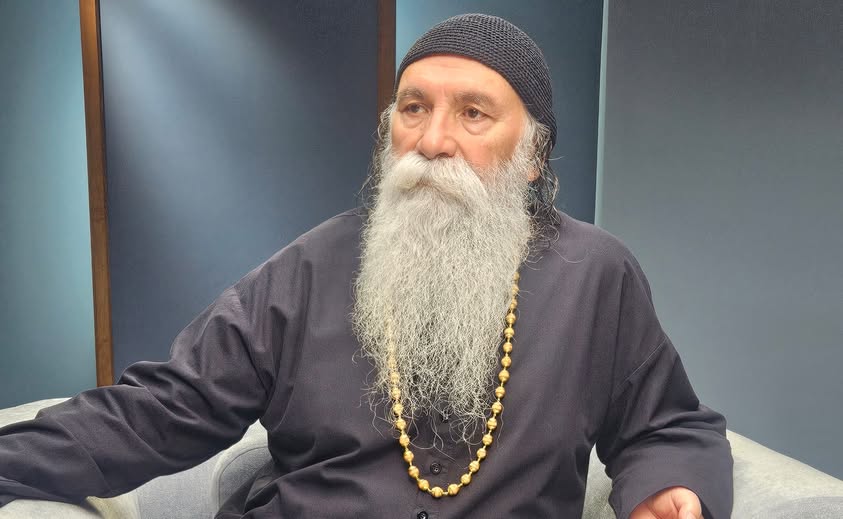“The question of the meaning of life does not arise when everything is going well, but when certainties collapse and the future becomes opaque. It is not a technical or psychological problem: it is an existential demand that cuts across cultures and eras. Living is not about surviving or accumulating experiences, but about understanding where one is headed and why it is worth continuing.
For Socrates, thinking about life was the first duty of anyone who did not want to live like an automaton. In the Apology, he declares:
“Ὁ δὲ ἀνεξέταστος βίος οὐ βιωτὸς ἀνθρώπῳ”
“The unexamined life is not worth living” (38a).
The search for meaning requires attention, self-knowledge, and a willingness to change. Only those who submit their lives to the judgment of reason can find guidance amid chaos.
In Vedantic thought, the idea of dharma indicates that existence takes on meaning when it aligns with a principle of order and responsibility. The Bhagavad Gita teaches:
“श्रेयः स्वधर्मो विगुणः परधर्मात्स्वनुष्ठितात्”
śreyān sva-dharmo viguṇaḥ
para-dharmāt sv-anuṣṭhitāt
sva-dharme nidhanaṁ śreyaḥ
para-dharmo bhayāvahaḥ
“It is better to fulfill one’s own dharma, even with mistakes, than to perfectly perform the duty of another” (3.35).
Meaning is not invented: it is recognized in the commitment to what we are supposed to do, beyond success.
Confucius argued that a meaningful life is built by cultivating virtue in everyday life. It is not enough to have ideals: it is necessary to embody them.
“The superior man first acts and then speaks.”
The purpose is not abstract or heroic: it is revealed in the way we live each relationship, each decision, each silence.
Viktor Frankl, psychiatrist and Auschwitz survivor, wrote that life does not cease to have meaning under extreme suffering, even if all purpose seems extinguished.
“He who has a why to live can bear almost any how.”
What is essential is not what one expects from life, but what life expects from one. The answer is not always heroic, but it must be honest.
In the Buddhist tradition, meaning is not found in an external purpose, but in liberation from attachment and self-induced suffering. The Dhammapada states:
“Manopubbaṅgamā dhammā, manoseṭṭhā manomayā;
Manasā ce paduṭṭhena, bhāsati vā karoti vā,
Tato naṃ dukkhamanveti, cakkaṃ va vahato padaṃ.”
“The mind precedes all states; the mind is their guide, the mind is their essence.
If one speaks or acts with an impure mind, suffering follows like the wheel follows the foot of the ox pulling the cart.”
In other words:
“All that we are is the result of what we have thought.”
The meaning of existence lies in the state of mind with which one lives, not in external goals. The transformation of the mind is more decisive than any achievement.
These traditions teach that meaning is not a given or a goal imposed from outside. It is a way of relating to existence that requires lucidity, inner fidelity, and ethical responsibility.
But ultimately, life does not require a purpose that justifies it as a means to an end. What it needs is meaning: a way of living in which every moment, however fleeting, is fully lived as valuable in itself.
Prabhuji




